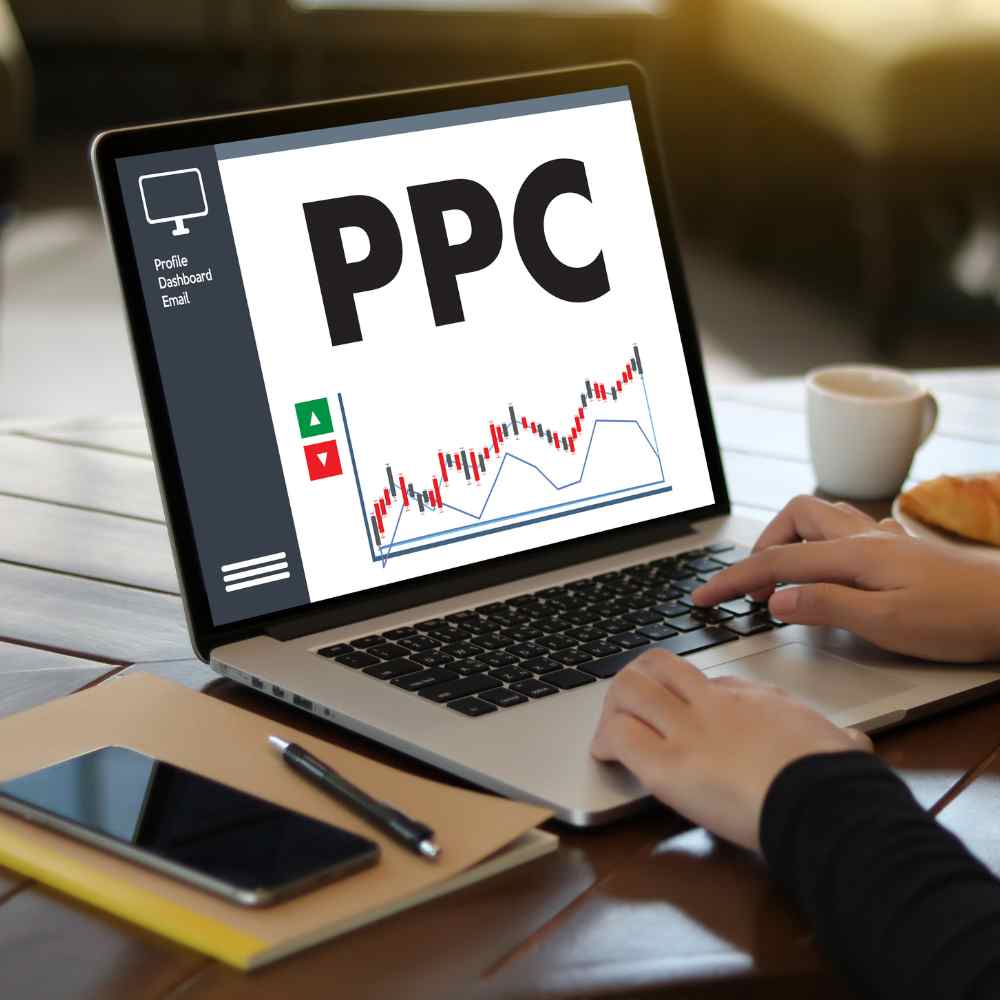Kia ora and welcome. In the ever-evolving landscape of digital marketing, Pay-Per-Click (PPC) advertising remains a cornerstone for businesses aiming to boost their online visibility and drive conversions. However, with increased competition and changing consumer behaviors, merely deploying PPC campaigns isn’t enough. To stay ahead, businesses must craft sophisticated PPC strategies that leverage the latest tools and technologies, including Artificial Intelligence (AI).
Understanding PPC Strategy
PPC advertising allows businesses to bid for ad placement in a search engine’s sponsored links when someone searches on a keyword related to their business offering. The beauty of PPC lies in its immediacy and measurability. However, success in PPC requires more than just setting up ads and bidding on keywords. It demands a comprehensive strategy that encompasses everything from keyword selection and ad copy optimization to landing page design and bid management.

Setting Clear Objectives
Before diving into campaign creation, it’s imperative to establish clear objectives. Are you aiming to increase website traffic, generate leads, boost sales, or raise brand awareness? Defining your goals will not only shape your PPC strategy but also help you measure success accurately.
Keyword Research and Selection
Keyword research forms the foundation of any successful PPC campaign. Identify relevant keywords and phrases that align with your business offerings and target audience’s search intent. Utilize keyword research tools to uncover high-volume, low-competition keywords, and incorporate them strategically into your ad copy and landing pages.
Compelling Ad Copy
Crafting compelling ad copy is crucial for capturing audience attention and driving clicks. Highlight unique selling points, promotions, or incentives to entice clicks and differentiate yourself from competitors.
Landing Page Optimization
A seamless user experience is paramount to converting clicks into leads or sales. Ensure your landing pages are optimized for relevance, clarity, and conversion. Align the content with your ad copy, incorporate compelling visuals, and utilize clear calls-to-action (CTAs) to guide visitors towards desired actions.
Bid Management and Budget Allocation
Monitor performance metrics such as click-through rate (CTR), conversion rate, and cost-per-acquisition (CPA) regularly to adjust bids and budgets accordingly. Allocate more budget to high-performing keywords and campaigns while optimizing or pausing underperforming ones.
Ad Extensions
Extensions such as sitelinks, callouts, and structured snippets provide additional information to users and increase the likelihood of clicks. Experiment with different extensions to identify which ones resonate best with your audience and contribute to campaign success.
A/B Testing
Conduct A/B tests on various elements such as ad copy, landing page design, and targeting parameters to identify what resonates best with your audience. Use data-driven insights to make informed decisions and optimize campaign effectiveness over time.
Remarketing Campaigns
Target users who have previously visited your website or interacted with your brand but haven’t converted yet. Craft personalized ads and offers to re-engage these prospects and guide them towards conversion. Remarketing campaigns often yield higher conversion rates and ROI compared to standard campaigns.
Performance Tracking and Analysis
Regular performance tracking and analysis are essential for evaluating campaign effectiveness and identifying areas for improvement.
Conclusion
By setting clear objectives, conducting thorough keyword research, crafting compelling ad copy, and optimizing landing pages, you can create campaigns that resonate with your target audience and drive tangible results.











